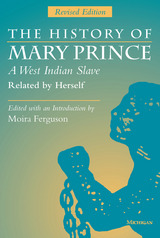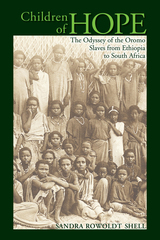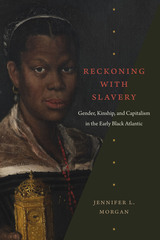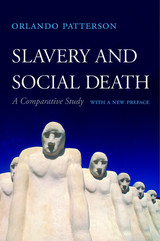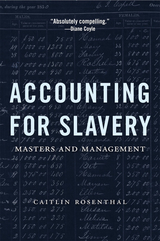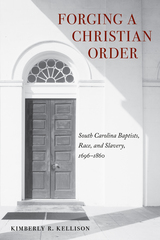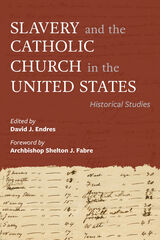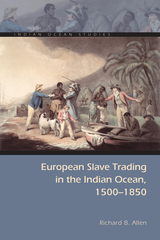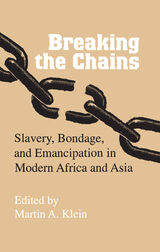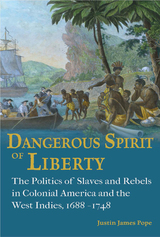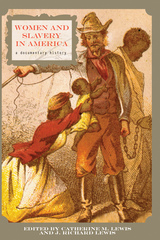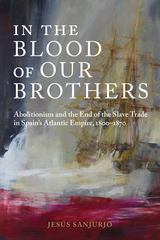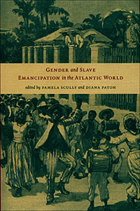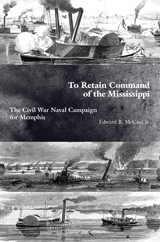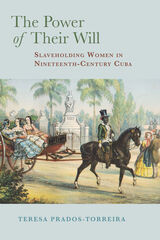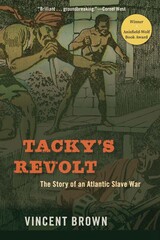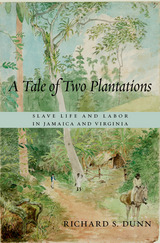Dangerous Spirit of Liberty: The Politics of Slaves and Rebels in Early America and the West Indies, 1688-1748
University of Missouri Press, 2024
eISBN: 978-0-8262-7508-0 | Cloth: 978-0-8262-2319-7
Library of Congress Classification HT1031
Dewey Decimal Classification 326.09709033
eISBN: 978-0-8262-7508-0 | Cloth: 978-0-8262-2319-7
Library of Congress Classification HT1031
Dewey Decimal Classification 326.09709033
ABOUT THIS BOOK | AUTHOR BIOGRAPHY
ABOUT THIS BOOK
Justin Pope’s ground-breaking work tells the story of an era of slave unrest that swept through the Atlantic World in the first half of the eighteenth century. Provinces along the eastern coast of North America and around the Caribbean Sea experienced more insurrections and conspiracy trials in the 1730s and 1740s than in any period before the Age of Revolution. The governor of Jamaica warned his king that slaves were spreading a “dangerous Spirit of Liberty” throughout the West Indies, concerns echoed by European colonists on the northern mainland. African-born slaves rose in rebellion and captured the Danish island of Saint John, and Maroons waged a successful war in Jamaica, events that became news in the wider Atlantic World. By the early 1740s, word of emancipation and widespread rebellion had taken hold in slave communities from the coast of South America to the harbors of New York City. Colonial authorities responded to rumors of slave plotting with brutal conspiracy trials, exhorting false confessions and executing hundreds of men and women in travesties of justice in need of retelling. Scholars have long noted this period of intensified slave unrest, not unlike the era of the Haitian Revolution, but no one has conducted a full-length study of this early tumult across empires. This book explains the causes behind this rash of insurrections, both real and imagined, and explores the consequences for the peoples of the eighteenth-century Atlantic World.
Dangerous Spirit of Liberty's distinguishing feature is its focus on the role of communication in the development of a rebellious early eighteenth-century Atlantic. Most historians of slavery have presupposed that slave unrest was confined to small locales in the first half of the eighteenth century. In fact, slaves found ways to share news across provinces to great effect. Benefiting from research in the archives of Great Britain, Spain, Barbados, Bermuda, Jamaica, Antigua, the U.S. Virgin Islands, and the mainland United States, the book reveals new evidence of slave communication networks and shows how people of African ancestry shared rumors of emancipation and rebellion in this period. Slaves laboring in colonial commerce and working aboard ships helped foster an increasingly restive Black community. Banished slaves, convicted conspirators accused of plotting insurrection, carried their experiences with them in exile to neighboring colonies. By reconstructing the path of news, the book reveals rumors and reports that particularly resonated among slaves in the early eighteenth century.
Dangerous Spirit of Liberty's distinguishing feature is its focus on the role of communication in the development of a rebellious early eighteenth-century Atlantic. Most historians of slavery have presupposed that slave unrest was confined to small locales in the first half of the eighteenth century. In fact, slaves found ways to share news across provinces to great effect. Benefiting from research in the archives of Great Britain, Spain, Barbados, Bermuda, Jamaica, Antigua, the U.S. Virgin Islands, and the mainland United States, the book reveals new evidence of slave communication networks and shows how people of African ancestry shared rumors of emancipation and rebellion in this period. Slaves laboring in colonial commerce and working aboard ships helped foster an increasingly restive Black community. Banished slaves, convicted conspirators accused of plotting insurrection, carried their experiences with them in exile to neighboring colonies. By reconstructing the path of news, the book reveals rumors and reports that particularly resonated among slaves in the early eighteenth century.
See other books on: Antislavery movements | Early America | Enslaved persons | Human rights | Liberty
See other titles from University of Missouri Press


